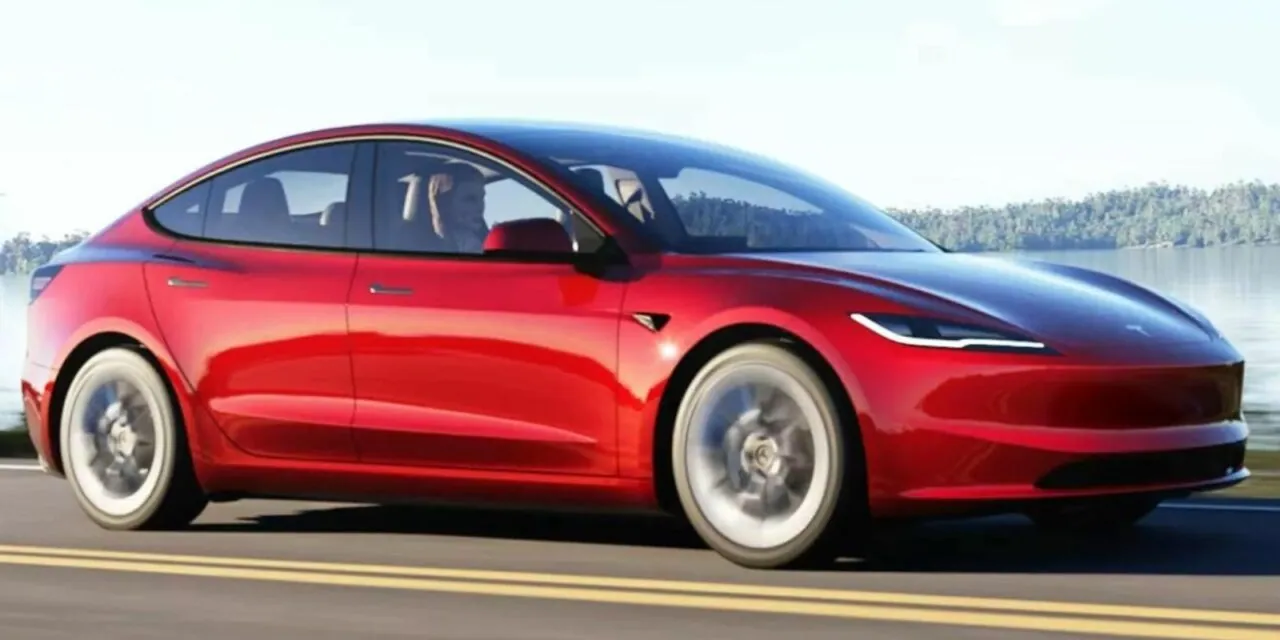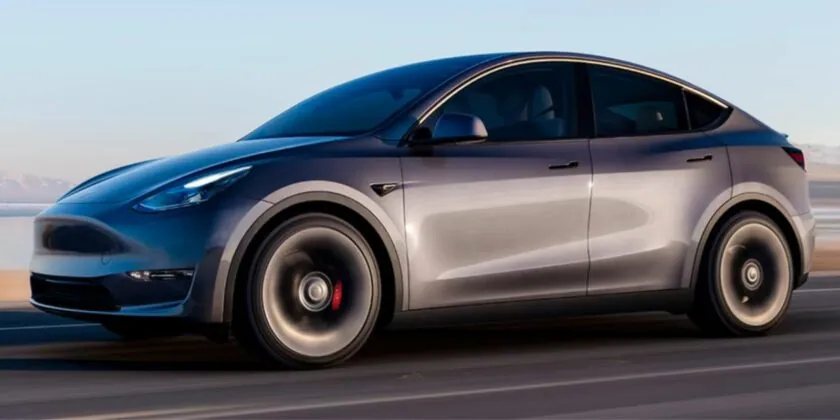In an exciting turn of events, the Indian government is accelerating the approval process for Tesla, the brainchild of entrepreneur Elon Musk. With a targeted debut in January 2024, this move aligns with India’s push towards embracing electric mobility and bolstering manufacturing under the ‘Make in India’ initiative.
Fast-Tracking Approval
Reports indicate that the Indian government, in a recent high-level meeting involving key officials and the Prime Minister’s office, prioritized making India a hub for electric vehicle (EV) manufacturing. Central to the discussions was expediting approvals for Tesla, emphasizing the company’s proposed investment in establishing battery and vehicle manufacturing facilities within the country.
A Collaborative Effort
During the meeting, various government departments, including Commerce and Industry, Electronics and Information Technology, and Heavy Industry, collaborated to streamline the approval process. This united effort aims to pave the way for Tesla to officially announce its foray into the Indian market by January 2024.
Tesla’s Ambitious Plans

In preceding interactions, Tesla’s CEO, Elon Musk, met with Prime Minister Narendra Modi during the latter’s visit to the United States earlier this year. Executives from the American EV giant have already signaled their interest in establishing a comprehensive manufacturing facility in India, encompassing the entire supply chain.
Clearing the Path for Official Announcements
With the Indian government directing ministries to address obstacles systematically, Tesla is poised to make its official entry into the Indian market early next year. The company’s ambitious plans align with India’s vision of becoming a significant player in the global electric vehicle landscape.
Overcoming Hurdles
One of the primary challenges in this venture involves Tesla’s request for a reduced import duty of 40% for its fully assembled electric cars. India’s existing tax structure imposes a 60% duty on fully assembled cars priced below $40,000, with a staggering 100% duty for those priced higher. This uniform tax structure, designed to encourage local manufacturing, currently lacks a specific classification for electric vehicles.
Potential Tax Reforms
In response to Tesla’s demands, there are indications that the Indian government might introduce a new tax category for electric vehicles. This move could result in lower taxes not only for Tesla but for any company willing to establish a manufacturing facility in India. Such a reform would undoubtedly provide impetus to the growth of the electric vehicle sector in the country.
Conclusion
As we eagerly await Tesla’s potential debut in India, the groundwork laid by the government signifies a significant step towards fostering electric mobility and boosting the manufacturing sector. The collaboration between various ministries and the proactive approach to addressing challenges positions India as a promising destination for Tesla’s expansion. With January 2024 on the horizon, the Indian automotive landscape is poised for a revolutionary transformation.
